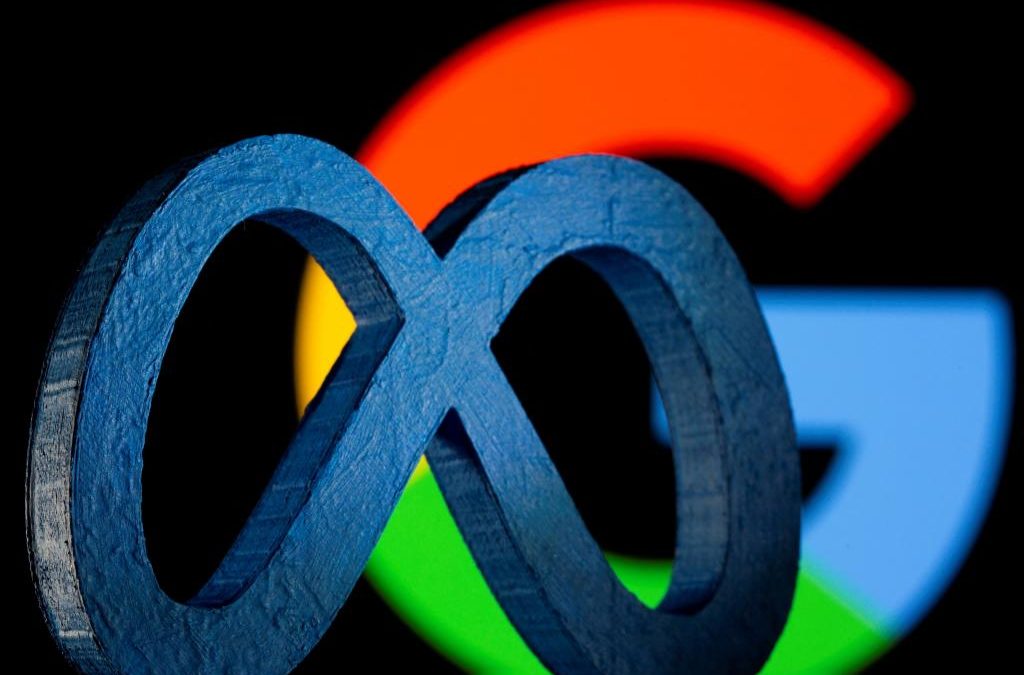Google and Meta should be on the hook for at least $14 billion dollars per year to news outlets to account for the ad revenue generated by their search traffic, according to a “conservative” estimate released by Columbia University this month.
The researchers determined that Facebook should pay publishers $1.9 billion per year for use of their content, while Google should pay between $10 billion and $12 billion per year.
Based on their total advertising revenue, the figures would amount to 6.6% of Meta’s proceeds and 17.5% of Google Search’s proceeds.
“We find overwhelming evidence that the value of news is being appropriated by Google and Meta in excess of long-standing norms of how jointly created surplus value should be shared,” researchers said in the white paper, which was published by Columbia University’s Initiative for Policy Dialogue.
The study surfaced as Big Tech firms resist efforts by lawmakers in the US, Canada and other countries to enact legislation that would require them to share proceeds with publishers.
Pressure has increased since 2021, when Australia passed a law requiring tech firms to negotiate content deals with publishers.
Earlier this year, California lawmakers voted to advance the California Journalism Preservation Act, which would require “online platforms” to fork over a “journalism usage fee” to outlets whose content appears on their sites.
In August, Meta pulled news content from its platforms in Canada in response to a similar law.
Meanwhile, a bipartisan group of US lawmakers have proposed passage of the Journalism Competition & Preservation Act, which would allow news publishers to collectively negotiate with Big Tech firms for use of their content.
The findings were based on estimates of search revenue that each platform received solely from news-related content.
The researchers analyzed “recent agreements between news outlets and Google and Meta (previously known as Facebook), as well as with a database of licensing agreements made over recent decades for similar content-based products.”
Using these agreements, the authors determined that a 50% share would be an industry norm “fair revenue split” between the tech platforms and publishers.
Rod Sims, the former chairman of the Australian Competition and Consumer Commission, told Semafor that the study was “timely and very helpful.”
“It is clear on its assumptions and methodology, and so can promote a well-informed debate on what Google and Meta owe publishers for their news media content. Their approach is logical,” he said. “The debate is no longer over whether the platforms should pay, but about how much. This paper is an extremely thoughtful contribution to this debate.”
Google spokeswoman Jenn Crider pushed back on the study, arguing it is “based on inaccurate assumptions, debunked data, and basic errors, in support of a biased conclusion.”
“In reality, less than 2% of all Searches are news related and we don’t run ads or make money on the vast majority of them,” Crider said.
Crider added that Google provides “tremendous value to news publishers.”
Meta declined to comment.
Source




